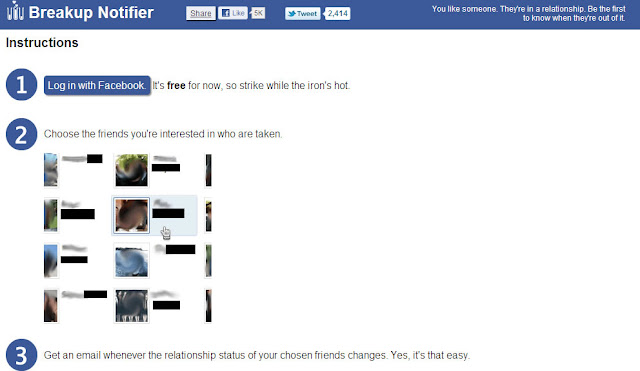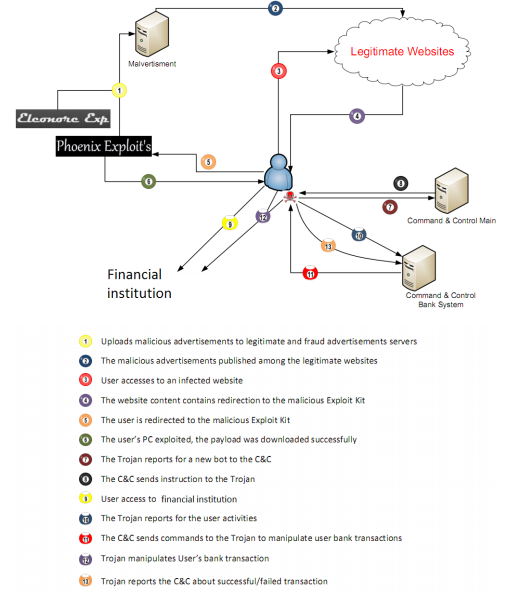Kindles Come to Classroom in Ghana
by Charlie Sorell
The iPad may be gripping the moneyed world in a fever of technolust, but the other e-reader, the Kindle, is still better at many things. Take Ghana, West Africa, for example. If you are a school in a small village with satellite internet and solar power, what device would be best for you? The power-sucking, data-heavy iPad, or the Kindle, a reader that can be read in sunlight, has free internet access and lasts for weeks on a single charge?
This is the idea behind the Worldreader project, which has just put 20 Kindles into a school of 11 to 14-year-olds. I know what you’re thinking: What’s wrong with paper books? Why do they need this expensive, fancy gadgetry? Because paper books take a long time to replace. These schools are on a 5-year book-renewal cycle right now. A Kindle, although pricy to start, essentially gives access to thousands of free, public domain books.
The first day in class in the village of Ayenyah Ghana was a success. For the trial, six books were loaded onto the Kindles, including a collection of short stories called Folktales from Ghana. The most popular title? Curious George. It seems that everyone loves a cheeky monkey.
Ayenyah Ghana actually has its own IT guy, named Richard. When the Worldreader team leaves the village, they plan to leave a few Kindles behind to make a lending library. This alone is a great idea: the book you want will never be already out on loan.
We’re impressed by the way the developing world is skipping over what is, to us, legacy tech. Landlines and now paper books are expensive, infrastructure-heavy dinosaurs. Cellular masts are easier to deploy than cables, and sending bits over those networks is cheaper and faster than shipping dead trees. The Worldreader organization plans to sell sell subsidized-readers instead of just giving them away. This seems sustainable, and will probably lead to some entrepreneur setting up their own, for-pay lending library.


Comments